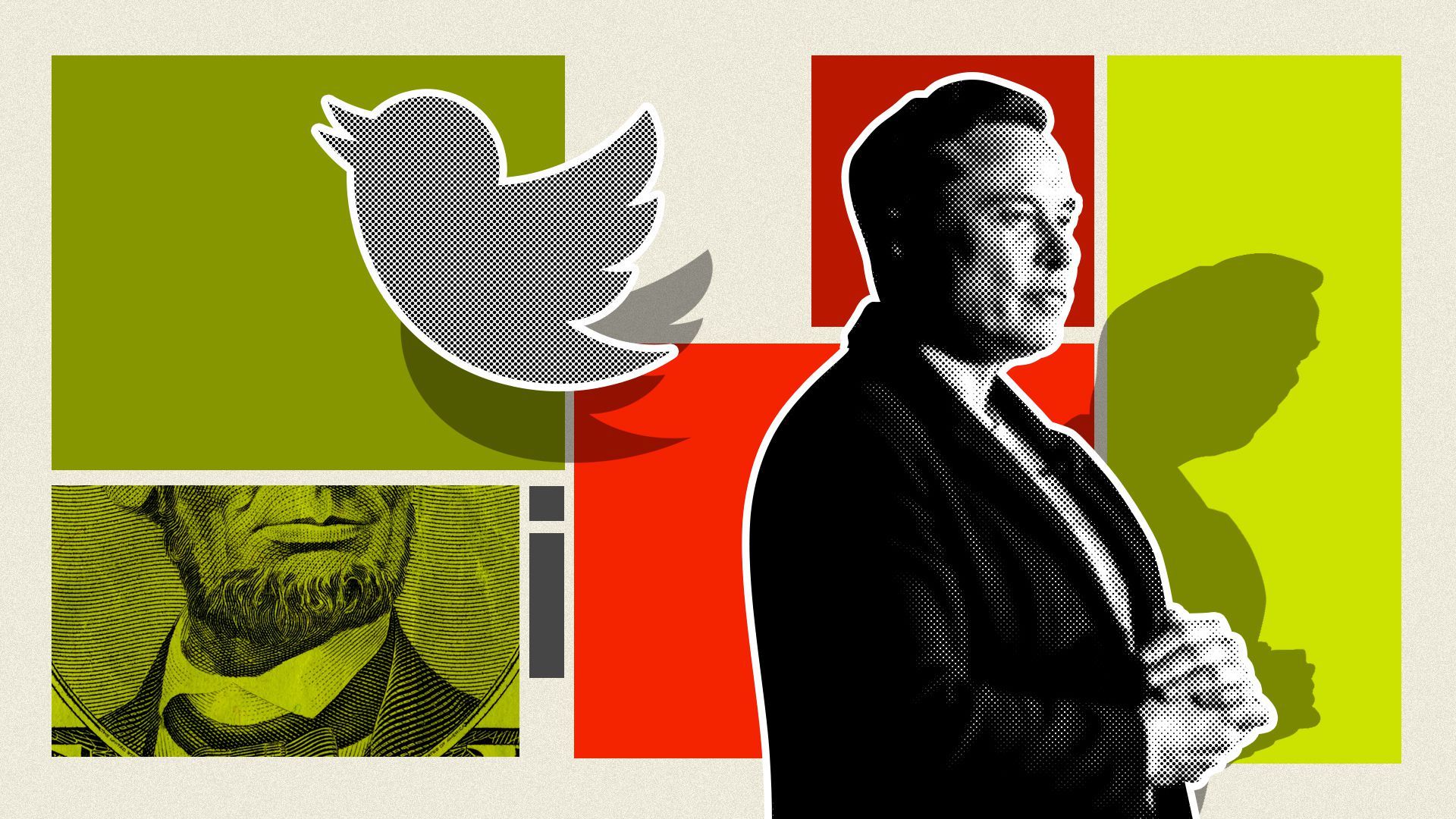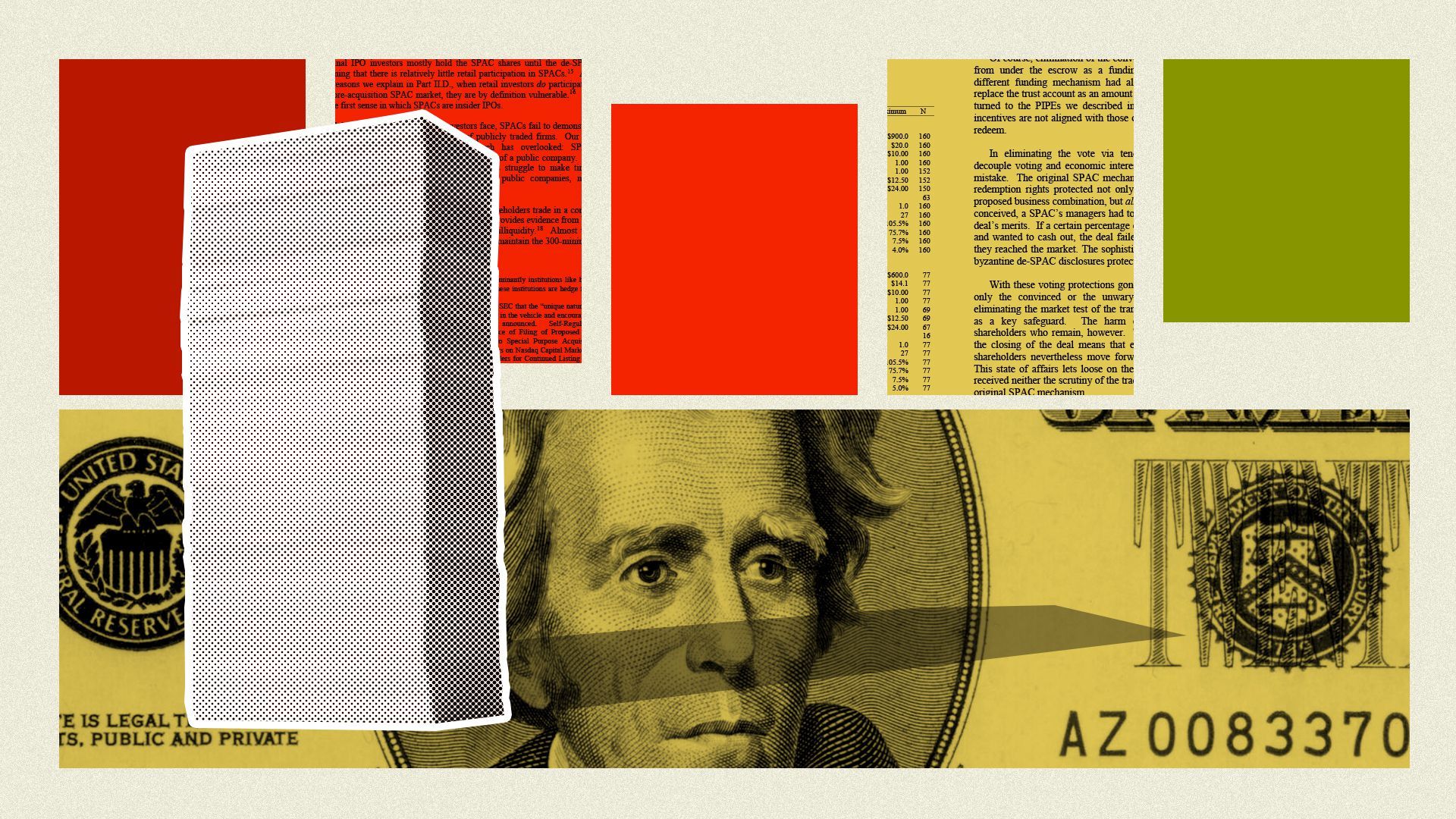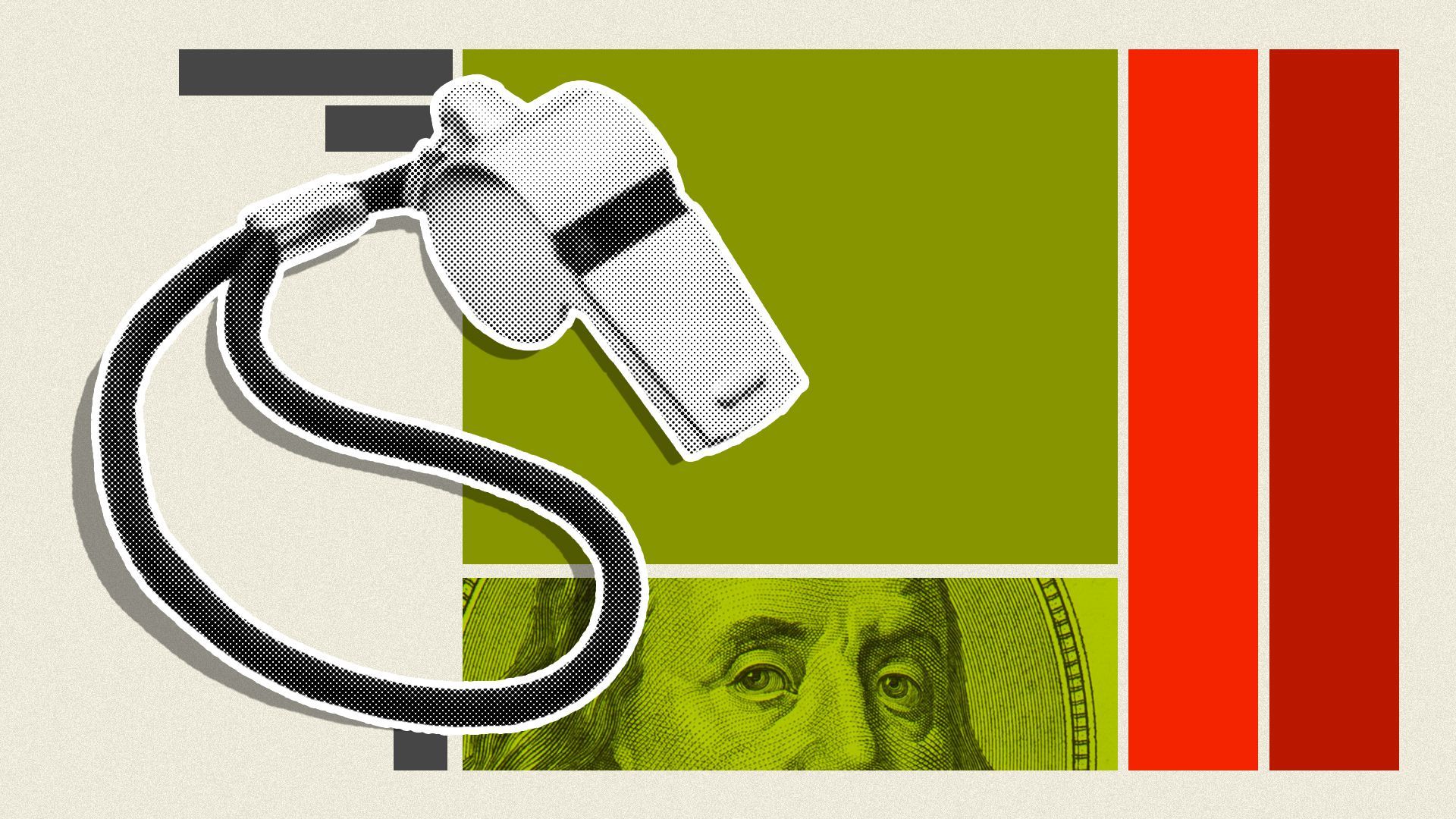| With the trial less than two months away, Twitter's and Elon Musk's legal teams continue to spar in court over discovery and other procedural elements of the eventual main event. Why it matters: So far, things have mostly gone in Twitter's favor. Catch up quick: On Thursday, Chancellor Kathaleen McCormick ruled in favor of the social media company on three requests, with small concessions to Musk. Twitter was ordered to provide data from 9,000 accounts sampled in a fourth-quarter audit to estimate the number of spam bots on its platform. - McCormick said, however, that many of Musk's data demands were "absurdly broad," amounting to trillions of data points.
- Meanwhile, Musk now has to provide Twitter with the data analysis that his own analysts performed, which led him to question the company's bot claims.
The big picture: Despite the dispute's colorful and dramatic history (and its participants), it's a pretty standard case of one party to a merger agreement trying to get out of the deal. - In the spring, Musk decided he wanted to acquire Twitter. He made an offer to the company's board of directors, which determined it would be in the best interest of shareholders to accept.
- Yet just weeks later, Musk began complaining that the company hadn't been truthful about the number of bots on its network, insisting the problem was much larger than he initially believed.
State of play: To win — and thus, get out of the deal and minimize penalties — Musk will have to prove either that Twitter breached the terms of the contract or that it defrauded him. Breach of contract: Musk would have to show that Twitter hadn't lived up to something in the contract — namely, that it promised it wasn't hiding any significant information, explains Ann Lipton, Tulane University professor of law. - The billionaire also has accused the company of not handing over information it was obligated to.
Fraud: Alternatively, Musk could try to prove that Twitter had outright lied about its business. - While Musk's due diligence ahead of the deal appears to have been limited, he could try to show that Twitter had been making false public statements (like documents filed with regulators), which he relied on.
Between the lines: So far, the facts appear to favor Twitter and paint Musk as a buyer with remorse, says Lipton. - Where there's much less consensus is what the remedy should be: "specific performance" or damages, which in the contract are capped at $1 billion.
- If the court finds that specific performance is the appropriate solution, it would order Musk to acquire Twitter, as there's no real substitute for it.
- Alternatively, McCormick could require Musk to just pay Twitter for all the trouble.
Yes, but: The two sides could still settle the case before it goes to trial, though it's unclear how willing they are at this point. | 








No comments:
Post a Comment